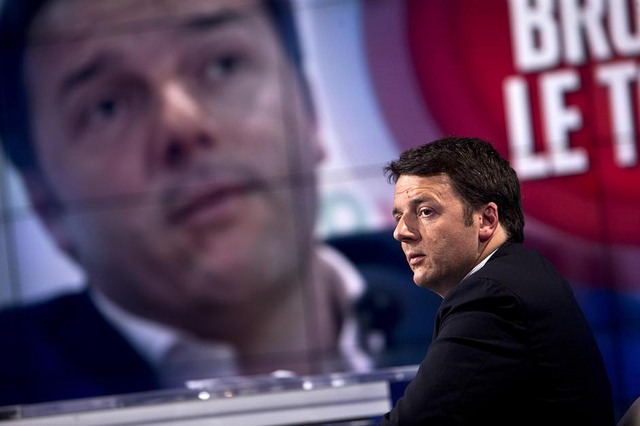
Enrico Letta, Italy’s prime minister, has said he will submit his resignation to Giorgio Napolitano, the 88-year-old head of state.
Matteo Renzi, the 39-year-old mayor of Florence who was convincingly elected to lead the centre-left Democratic Party (PD) last December, is now on the way to become prime minister.
Mr Letta’s decision to resign followed the outcome of the PD national committee’s crisis meeting that backed Mr Renzi’s call for the formation of a new government.
Mr Renzi has accused the government of failing to implement a programme of political and economic reforms necessary to deliver sustainable growth
If Mr Napolitano asked Mr Renzi to form a government, he would become the third prime minister in a row without winning general elections, after Enrico Letta and Mario Monti. That would make him vulnerable to accusations of lacking popular legitimacy.
Mr Letta came to office last April after general elections that resulted in a hung parliament and after the PD leader, Pier Luigi Bersani, failed to make a deal with the anti-establishment Five Star Movement of Beppe Grillo. He took over a country mired in its longest post-war recession and crippled by high unemployment and public debt of over €2 trillion, or 130 per cent of national income, the second highest ratio in the eurozone after Greece.
In October, Mr Letta managed to see off a challenge by Silvio Berlusconi, Italy’s three-time prime minister who pulled his centre-right party out of the ruling coalition, but ultimately failed to bring down the government.
The PD’s main political partners are now the New Centre Right, which is made up of those who refused Mr Berlusconi’s decision to move into opposition, and the small centrist Civic Choice party. This situation means that Mr Renzi would have to seek a compromise with Mr Berlusconi’s Forza Italia to pass legislation.
photo: Simone Ramella / flickr.com / CC BY 2.0